The world is undergoing a transformative phase. New and influential actors are challenging the previously dominant unipolar world order. Unipolarity describes the phenomenon when one state enjoys unrivaled power on the global stage. The US has emerged as the key player in the unipolar world order after the collapse of the Soviet Union and the end of the Cold War. Yet countries like China, Russia, Iran and Turkey have risen to prominence and power in the international arena. These countries employ diverse strategies to assert their roles and interests in the world. However, they share a common feature: the use of nostalgia.
Nostalgia, a sentiment characterized by a yearning for a past perceived as superior to the present, holds immense power. It is not only a personal emotion but also a political tool that actively shapes collective memory, identity and action. Therefore, nostalgia plays a pivotal role in the emergence of a multipolar world.
For countries with a history of hegemony, nostalgia evokes feelings of disillusionment with the current world order and prompts a longing for a better one. Nostalgia instills pride and confidence in one’s own identity and values. It empowers individuals to resist and challenge the dominance and influence of the unipolar power. Moreover, nostalgia fosters a sense of connection and cooperation among individuals who share a nostalgic vision. This drives the search for and support of alternative alliances and institutions capable of countering the unipolar power.
As the world undergoes profound shifts, nostalgia emerges as a powerful force that reshapes the global landscape. Its ability to evoke longing, inspire resistance and foster cooperation makes it an indispensable tool for those seeking to challenge and redefine the prevailing world order.
Reviving the ancient Silk Road redefines China’s global power
As the world’s second-largest economy and a rising superpower, China aims to achieve the dream of national rejuvenation and global leadership. It has been pursuing a grand strategy of economic development, military modernization and diplomatic engagement.
One of China’s most ambitious and visible projects is the Belt and Road Initiative (BRI). It is a massive infrastructure and investment plan that aims to connect Asia, Europe and Africa through a network of roads, railways, ports, pipelines and other projects. The BRI is often presented by China as a revival of the ancient Silk Road. For centuries, the Silk Road was a historical trade route that linked China with the rest of the world and fostered cultural and civilizational exchanges.
China’s nostalgia for the Silk Road is based on a selective and idealized memory of its past. China remembers the Silk Road as a time of peace and prosperity when China was the center of the world. For China, the Silk Road is a model of inclusivity and cooperation. It was a time when China welcomed and learned from other cultures.
The use of the Silk Road as a symbol of the BRI is a deliberate choice. It reflects China’s nostalgia for its past glory and influence. The Silk Road evokes a positive image of China as a prosperous civilization that contributed to the world’s development and harmony. It serves as a contrast to the US-led liberal order. China perceives international institutions of the US as unfair and as a source of instability and conflict.
By reviving the Silk Road, China aims to create a new world order. This new order would be more favorable to China’s interests. It would also accommodate China’s rise as a global power. With nostalgic connotations, the BRI becomes China’s means to achieve the vision of global leadership.
Reclaiming past eras fuels Russia’s resistance to unipolarity
Russia is the world’s largest country by land area and a nuclear-armed power. Yet despite its sheer size, the collapse of the Soviet Union in 1991 marked the end of Russia’s superpower status and the beginning of its decline and isolation.
Russia has been struggling to redefine its role in the world. One way it has done so is by invoking the past as a source of pride and legitimacy in order to reclaim its influence. Russia’s deep-seated nostalgia for its Soviet and pre-Soviet past motivates the nation to stand against the unipolar world.
The Soviet era remains a complex and controversial topic in Russia. In recent years, the official discourse and propaganda have tended to emphasize the positive and heroic aspects of the Soviet era. Russia’s nostalgia is based on a collective and selective memory of unity and strength. During that time, Russia led the socialist bloc and rivaled the capitalist world. Russia championed the cause of the working class and oppressed nations. The Soviet Union was considered a model of justice and equality. Nostalgia for this era serves as a justification for Russia’s current foreign policy actions and ambitions.
In addition to the Soviet past, Russia invokes nostalgia for the Russian Empire and the Tsarist era. The Russian Empire was one of the largest and longest-lasting empires in history. It spanned across Europe and Asia, encompassing diverse cultures and religions. The Tsarist era was a period of cultural and artistic flourishing, producing renowned writers, composers and painters. The Russian Empire and the Tsarist era create a nostalgic image of Russia as a great, civilized power with a rich and unique heritage. Russia remembers this era as a time of prosperity when it was respected by the world.
Russia’s nostalgia for both the Soviet Union and the Russian Empire serves as a way to contrast and criticize the West and its values. Western institutions such as democracy, human rights and liberalism are seen as hypocritical to Russia’s interests and sovereignty. It justifies its intervention in Ukraine and Syria and its opposition to NATO and the EU as a defense of its historical legacy and security interests. With nostalgia, Russia aims to boost national confidence in state affairs.
Memories of revolution serve as Iran’s foreign policy
Spanning from the ancient Persian Empire to the modern Islamic Republic, Iran possesses a rich and extensive history. Throughout its journey, Iran has encountered numerous changes, challenges and crises that have significantly shaped its identity and future. Consequently, Iranians harbor a sense of nostalgia for aspects of their past. Iranian nostalgia is influenced by personal and political perspectives.
A prominent source of nostalgia is the Islamic Revolution, a popular religious uprising that toppled the Persian monarchy and established the Islamic Republic in 1979. The revolution aimed to establish an Islamic government and society and revive the early days of Islam. It would be rooted in the principles and teachings of Islam as practiced during the time of Prophet Muhammad and his successors.
Islamic nostalgia played a significant role in shaping the goals and aspirations of the revolutionaries. They sought to reclaim what they perceived as the pure and authentic form of Islam, free from what they considered to be corrupting influences of Western secularism and imperialism. The revolutionaries believed that by returning to the foundations of Islam, they could address the social, economic and political challenges Iran faced.
Iran’s use of nostalgia isn’t restricted to the past. It also significantly influences its current foreign policy conduct across multiple areas and issues. This includes its nuclear program. Iran maintains that its nuclear program is peaceful and aligned with Islamic principles as a signatory of the Nuclear Non-Proliferation Treaty (NPT). Iran continues to argue for the right to pursue nuclear technology for civilian purposes such as energy and medicine. Iran draws upon nostalgia for the values of the Revolution to justify its resistance and defiance. The urge to reclaim the objectives of the Revolution rallies domestic support against perceived Western bullying.
Perceived Western bullying also includes US allies. Iran opposes and challenges Israel and Saudi Arabia, both seen as adversaries of Islam. Various Shia Muslim groups are supported by Iran in order to position itself as the defender of the Muslim world. Hezbollah in Lebanon, the Houthis in Yemen, the Hashd al-Shaabi in Iraq and the Assad regime in Syria are several examples.
Iran invokes nostalgia to legitimize these interventions. Appealing to the desire for old influence garners sympathy and cooperation from entities that share Iran’s grievances. Iran seeks to challenge the perceived unjust and oppressive unipolar world order through nostalgia. Time will tell if that is enough to assert its own interests and values.
Reclamation of the Ottoman heritage strengthens Turkish identity
Turkey holds the status of a regional power in both Europe and Asia. Yet, despite its rich cultural heritage, Turkey has experienced notable political and social transformations.
In 2002, the Justice and Development Party (AKP) and its leader, Recep Tayyip Erdoğan, was elected as Turkey’s leader. Erdoğan’s rise to power beckoned a more religious and nationalist approach. This marked a departure from previous governments’ secular and pro-Western stance in Turkey’s foreign policies. Turkey also turned to nostalgia to influence its international relations.
Turkey has actively pursued a more assertive foreign policy to assume a leadership role on the global stage. Additionally, Turkey aims to address the conflicts and crises that impact its neighboring countries and beyond. This is an attempt at a revival of Turkey’s Ottoman heritage.
The Ottoman Empire governed a significant portion of the Middle East, North Africa and Southeast Europe for six centuries before its dissolution following the First World War. The symbol of the Ottoman Empire serves as a model of tolerance and diversity for both the Turkish nation and the Muslim world.
The nostalgia to return to this period of greatness and glory forms the foundation of Turkey’s foreign policy doctrine. This use of nostalgia, also known as neo-Ottomanism, seeks to revitalize Turkey’s influence as a mediator between the East and the West. By reclaiming the Ottoman heritage, Turkey strives to reinstate its historical role, strengthen its identity and fulfill its potential and responsibilities in the global arena.
Nostalgia as a means to a multipolar world order
It is no question that nostalgia has become a powerful influence on the global stage. Evoking perceived memories of past eras bolsters national identity and support. However, nostalgic power isn’t constricted to national borders. Nostalgia can also challenge hegemonic global orders.
The strategic utilization of nostalgia by China, Russia, Iran and Turkey underscores its pivotal role in challenging the prevailing unipolar world order. These nations actively contribute to the emergence of a multipolar global landscape by shaping collective memory, fostering resistance and asserting their unique identities. Retrospection has proved to be a way forward.
[Cheyenne Torres edited this piece.]
The views expressed in this article are the author’s own and do not necessarily reflect Fair Observer’s editorial policy.
Support Fair Observer
We rely on your support for our independence, diversity and quality.
For more than 10 years, Fair Observer has been free, fair and independent. No billionaire owns us, no advertisers control us. We are a reader-supported nonprofit. Unlike many other publications, we keep our content free for readers regardless of where they live or whether they can afford to pay. We have no paywalls and no ads.
In the post-truth era of fake news, echo chambers and filter bubbles, we publish a plurality of perspectives from around the world. Anyone can publish with us, but everyone goes through a rigorous editorial process. So, you get fact-checked, well-reasoned content instead of noise.
We publish 2,500+ voices from 90+ countries. We also conduct education and training programs
on subjects ranging from digital media and journalism to writing and critical thinking. This
doesn’t come cheap. Servers, editors, trainers and web developers cost
money.
Please consider supporting us on a regular basis as a recurring donor or a
sustaining member.
Will you support FO’s journalism?
We rely on your support for our independence, diversity and quality.


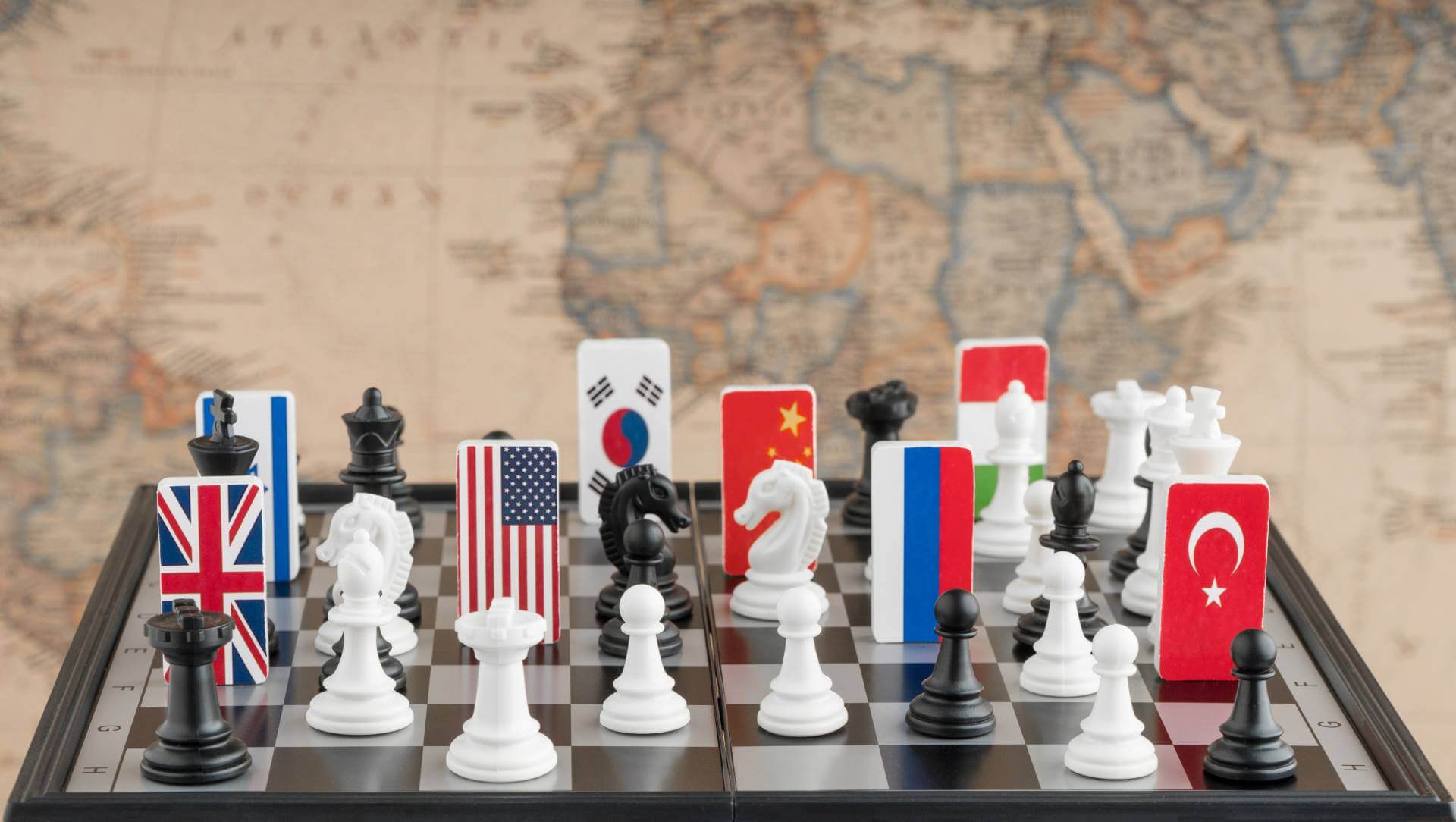
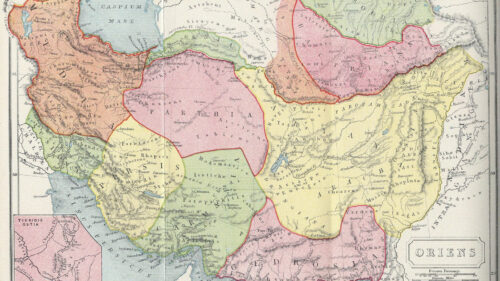
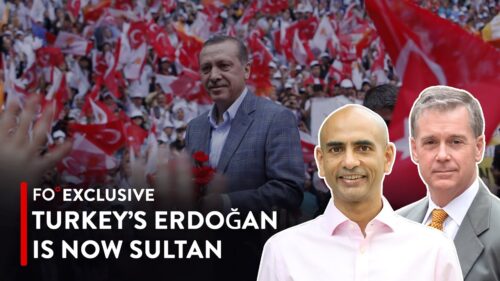
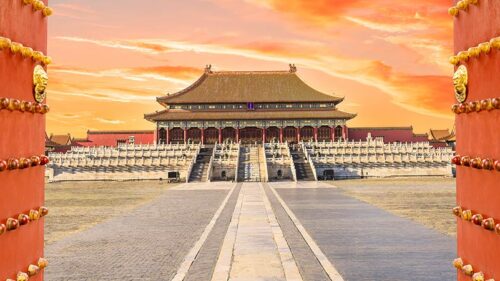
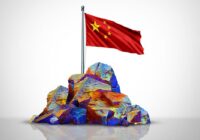



Comment